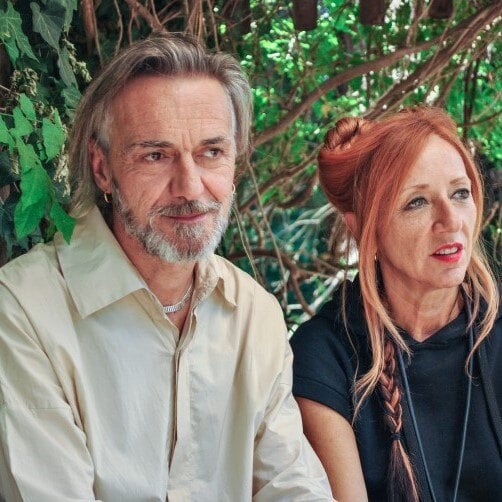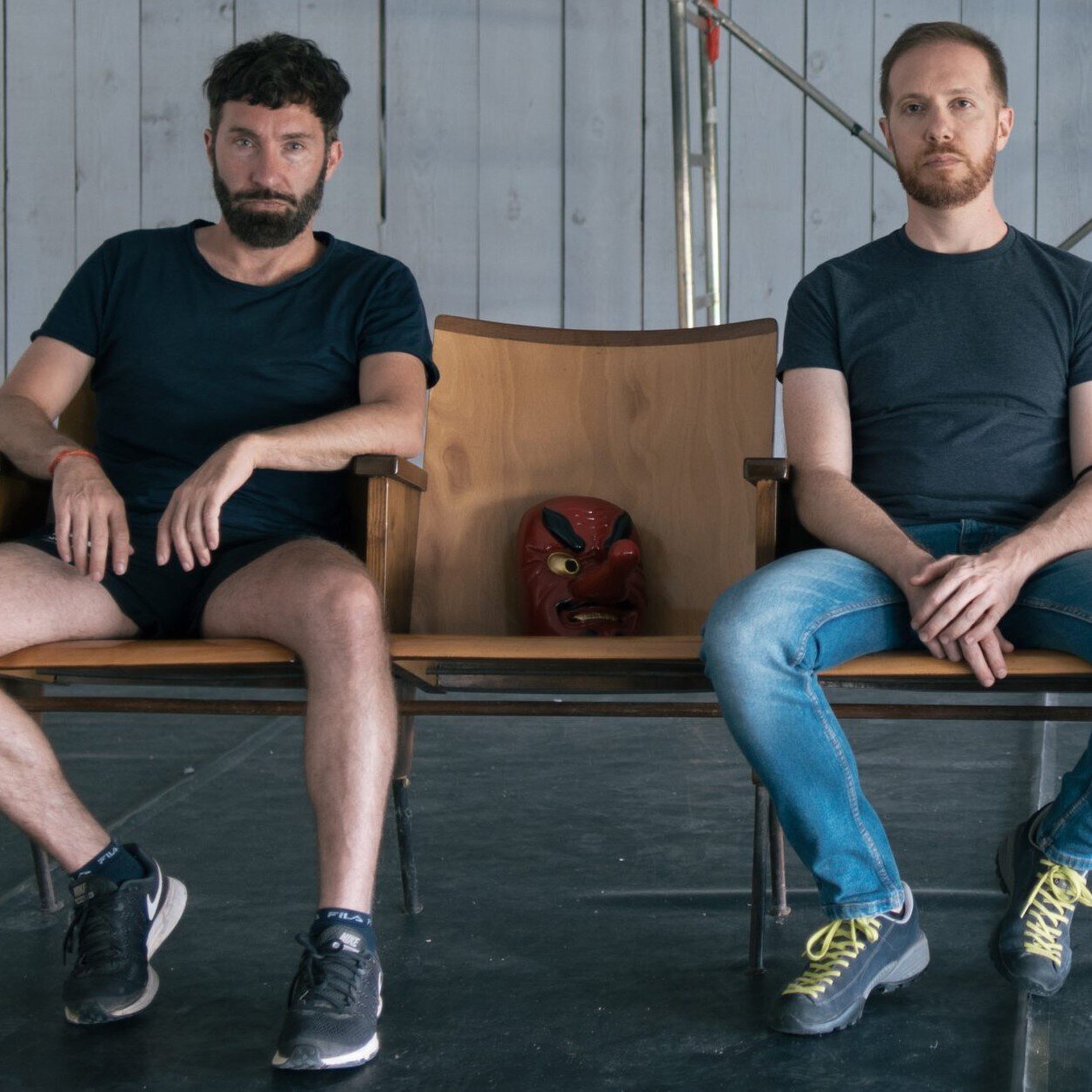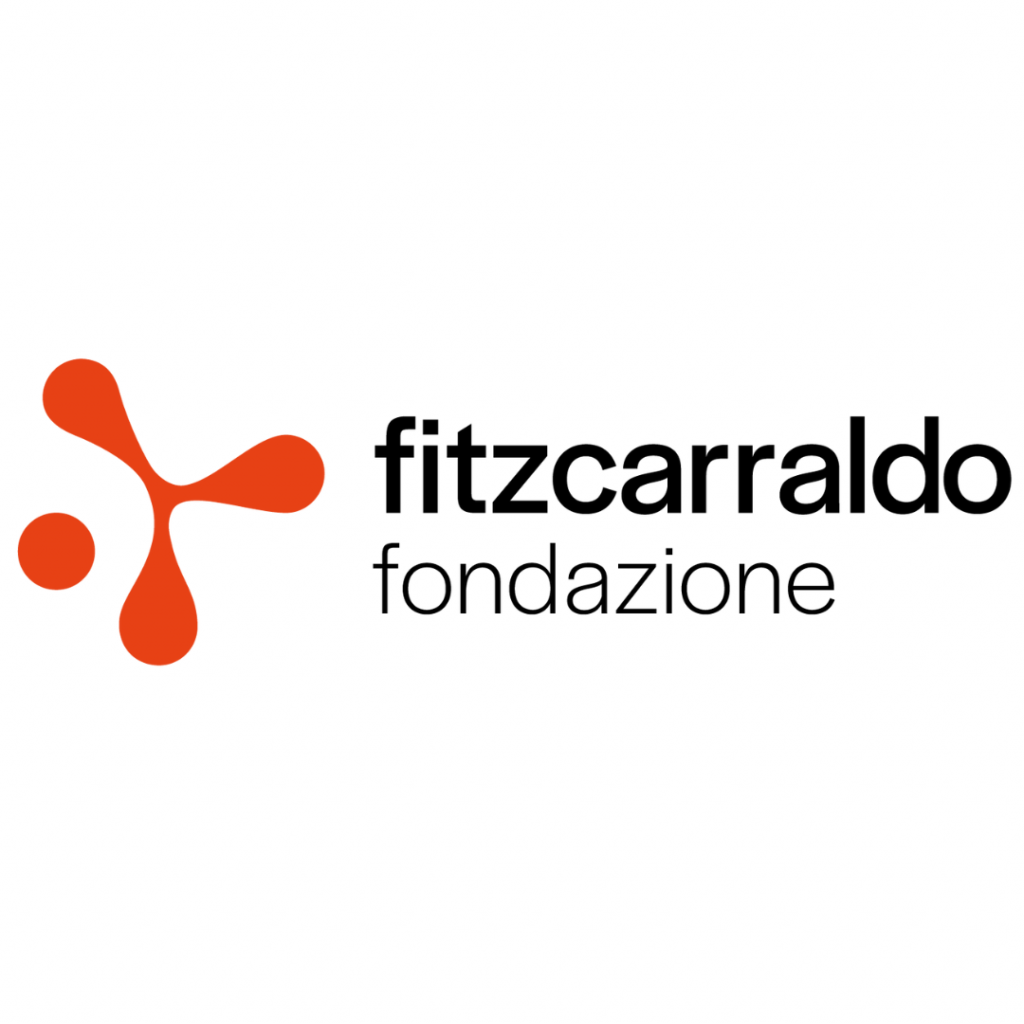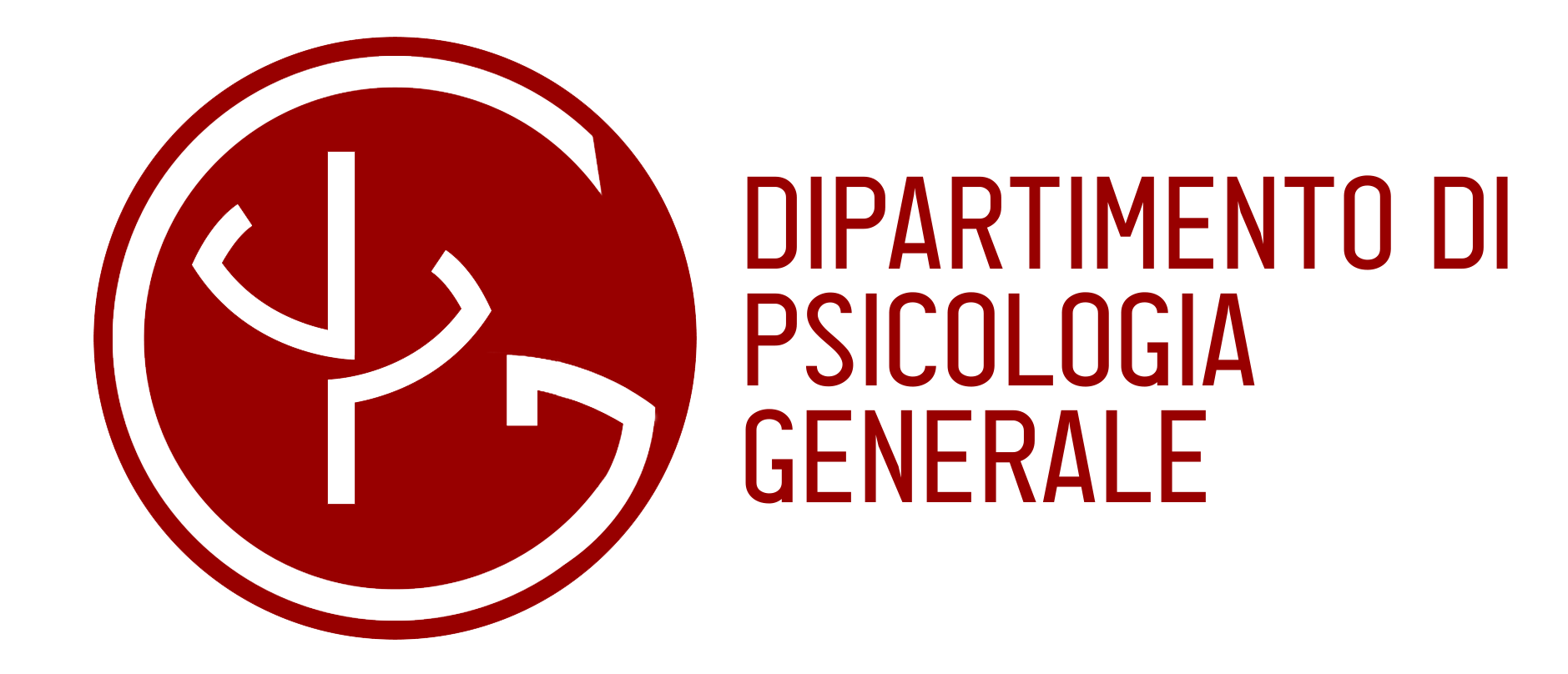

29 novembre 2024 ore 10:30
Teatro Goldoni, Venezia
Motus
I Saw Light
Il nuovo progetto teatrale di Motus, che vede in scena gli attori e le attrici neo diplomati dell'Accademia Teatrale Carlo Goldoni, trae ispirazione dall'omonimo brano musicale di Kae Tempest. Un lavoro che cerca la luce in una storia cupa e tenebrosa come il romanzo di Mary Shelley. Una composizione collettiva e corale dentro le sue strabordanti parole. Lo spettacolo, così come fa Kae nel suo brano, racconta lo spaesamento, le ansie, le frustrazioni e le aspirazioni degli abitanti di una qualsiasi metropoli occidentale che si chiedono dove stia andando la loro vita e il mondo.
Un progetto di Enrico Casagrande, Daniela Nicolò
dall’opera di Kae Tempest

31 marzo, 1 aprile 2025 ore 10:30
Teatro Maddalene, Padova
ATCG, Anagoor
Baccanti
Un rituale poetico che mette in comunicazione danza, performance e teatro. Gli allievi del III anno dell'Accademia Teatrale Carlo Goldoni vivono e fanno vivere un'esperienza in grado di creare l'incontro con l'Altro, con l'arte, il gesto estetico, il teatro per tutti. A partire dalle Baccanti di Euripide e dal mito delle donne che, invasate dal dio, lasciano le case per celebrare, sui monti, i lori riti notturni. Il processo è assolutamente segreto: nulla dev'essere rivelato ai profani, il beneficio di cui godono gli iniziati verrà scoperto dal pubblico solamente durante lo spettacolo.
STORM is a Creative Europe project that intersects Shakespearean theatre and mental health resilience to address the significant challenges faced by young people aged 18 to 25. STORM aims at engaging young people in three distinct creative processes that will culminate in an international co-production which will be presented in Italy, Romania and Germany.
We’re living through a time of rapid change — shifts that are reshaping our societies and deeply affecting our lives as individuals. Amid this fast-moving, often overwhelming world, a mental health crisis has taken hold. Young people are at the heart of this crisis. But culture has powerful tools to offer.
|
→ Dismantling Stigmas Cultural activities help lower stress, regulate emotions, and build resilience, focusing on prevention and awareness rather than cures. The aim is to highlight the value of mental well-being, encourage psychological support, and increase understanding of how mental health challenges affect young lives. |
→ The Stage of Engagement Participatory theatre is a powerful way to engage young people facing mental health challenges. By building stronger connections with youth and inviting their voices into the creative process, cultural institutions not only support individual and community well-being but also remain inclusive, relevant, and deeply connected to their communities. |
→ Skills for Empowerment STORM equips artists and young people with essential skills, building confidence, resilience, and emotional awareness. By connecting culture and mental health, it fosters personal growth, creative collaboration, and a stronger, more compassionate community. |


With a history spanning 175 years, “Marin Sorescu” National Theatre of Craiova is the second oldest among Romania’s national theatres and has received numerous awards and honors over the years. Since 1995, it has been a member of the European Theatre Convention (ETC), being the first theatre from Central and Eastern Europe to join this prestigious international association. Internationally acclaimed, the National Theatre of Craiova has participated in some of the most important theatre festivals worldwide, including Edinburgh, Avignon, the Holland Festival in Amsterdam, Wiener Festwochen in Vienna, Theater Der Welt in Munich, Shakespeare Festivals in Tokyo, Gdansk, and Bath, the Israel Festival in Jerusalem, and the Theatre Festival of the Americas in Montreal, among others. A defining moment in the theatre’s recent history was the establishment of the International Shakespeare Festival in 1994 by its founding director, Emil Boroghină. A landmark event in the world of Shakespeare festivals, the Craiova festival has since become one of the most prestigious of its kind, hosting outstanding productions and performances. The theatre continues to foster innovation and support emerging talent through initiatives such as Theater Networking Talents (TNT) Festival, dedicated to young directors and creators from theatre schools in Romania and across Europe. With its rich legacy, international recognition, and commitment to contemporary and innovative theatre, “Marin Sorescu” National Theatre of Craiova remains a cultural landmark on the global stage.

Fondazione Fitzcarraldo has been at the forefront of promoting sustainability and innovation in cultural and creative policies, practices, and processes since 1999. The foundation operates through research, consulting, training, and advocacy, championing the transformative potential of cultural work. Fitzcarraldo’s approach is grounded in values of independence, collaboration, experimentation, and participation, emphasising the critical role of culture as a common good and a catalyst for social and economic well-being. A key pillar of Fitzcarraldo’s expertise is its comprehensive research on the interplay between culture, community, and social cohesion.

fringe ensemble, Bonn (DE), was founded by Frank Heuel in 1999. Since then, over 100 productions and project series have been created - at home and abroad. The focus of the fringe ensemble’s work constitutes language(s), a multi-perspective approach, an open way of working and a constant search for narrative styles that are geared towards complexity and multilayeredness. In its project developments, fringe ensemble often researches complex topics and contexts, spanning an arc from documentary, individual-subjective, literary to philosophical positions. The themes and formats of projects are part of the conception, while the final formal language for text, video, sound and performance develops in rehearsals in interaction with the development of the space. The fringe ensemble is based at the Theater im Ballsaal in Bonn. A five-member management team works on the conception of the projects, the orientation of the profile, the development of the programme and the realization as well as the follow-up of the productions. The ensemble consists of artists from different genres: acting, music/composition, video, digital media, film, fine arts. Starting from the homebase in Bonn fringe ensemble establishes local, regional, national and international partnerships for the production and presentation of plays and perform in theatres, in public and in digital / hybrid spaces. They work with theatre makers and authors of many different nationalities. In recent years, projects and plays have been created in national and international ensembles and with Partners from in Germany, Latvia, Turkey, Ghana and Burkina Faso. fringe ensemble has received top funding from the state of NRW for two times. Other sponsors include the Federal Cultural Foundation, the Ministry of Culture and Science of the State of North Rhine-Westphalia, the City of Bonn, Fonds Da rstellende Künste e.V., Goethe Coproduction Fund, Fonds Soziokultur, Goethe Institute Istanbul, Goethe Institute New Delhi.

Dipartimento di Psicologia Generale dell’Università di Padova
The Department of General Psychology (DPG) at the University of Padua conducts world-class empirical studies in human and animal psychology, with a history dating back to Vittorio Benussi. Researchers cover diverse psychological domains using cognitive, clinical, psychophysiological, neuroimaging, and neuropsychological methods.
The faculty comprises about 80 members, including full professors, associate professors, and lecturers, with over 80% exceeding national bibliometric thresholds. The department boasts an active research environment, with 26 administrative and technical staff, about 40 post-docs, and 50 PhD students enrolled in three doctoral programs.
Facilities include about 50 labs and state-of-the-art equipment for Cognitive Neuroscience. The DPG is part of the Padua Neuroscience Center and the Human Inspired Technology Research Center.
Department members provide clinical services through SCUP, collaborating with local settings for psychological diagnosis and therapy.
Recognized as "Excellent," the DPG has a solid international reputation, reflected in high rankings for Psychology-Padua globally.
In the last five years, the DPG has secured numerous international and national grants, including Horizon 2020, Horizon Europe-ERC, PRIN, and PNRR projects.

ACTIVITIES
1. Capacity building process – Culture and Mental Health
To kickstart the project, the consortium assembled an interdisciplinary team of specialists in various fields from all the countries involved:
- Frank Heuel, director
- Marta Dalla Via, dramaturg
- Victoraș Matei, Ovidiu Cârstea, actors
- Annika Ley, visual artist
- Giuliano Tomei, psychologist
- Laurențiu Tudor, artistic community manager
- Carmen Stanciu, Shakespearean expert
- Angela Mognol, Luisella Carnelli, researchers with evaluation experience
Prior to the commencement of the workshops, the team will undergo a 3-day capacity-building activity. To deepen competences in mental health, well-being, culture, and psychology related to issues faced by young people, specifically mental health literacy, active listening, conflict management. Crucially, the capacity-building process will not conclude with the initial activity but will persist throughout the entire project duration, including four additional online meetings held just before the start of other pivotal activities.
2. Workshops: active involvement of young people in Shakespearian theatre
The artistic staff and one researcher of the interdisciplinary team will will travel to Romania, Italy, and Germany to lead creative workshops with young adults aged 18–25. Each workshop will be launched through an open call to ensure visibility and encourage inclusive participation.
In every country, the workshops will explore a different artistic focus, each contributing to a shared creative process and the co-production of new artistic content. These sessions will not only engage young participants in raising awareness around mental health, but also offer hands-on experience in areas such as playwriting, directing, and performance. Through this collaborative approach, the workshops will empower participants while shaping a collective artistic vision across borders.
3. Production and circulation within the consortium
Following the workshops, the artistic team will move into a three-week rehearsal and production phase, weaving together the experiences and themes explored in each country. The result will be a vibrant international co-production, designed to tour across Europe.
Each performance will be preceded by a local workshop, with the insights and creative outputs from participants directly incorporated into the show. The premiere will take place in Italy, followed by two-day runs in both Romania and Germany. These performances will offer a powerful opportunity for all stakeholders and young workshop participants to see their contributions come to life on stage.


PROJECT OUTPUTS
STORM Green Toolkit
The STORM consortium embraces culture as a pillar of sustainable development and is committed to environmental responsibility. Guided by a Green Code of Conduct, partners prioritize eco-friendly practices in all aspects of the project, from production and travel to resource use and waste management, drawing on leading sustainability guidelines.
STORM Code of Conduct
The consortium’s Code of Conduct ensures gender equality, diversity, and inclusion, promoting fair workplaces, balanced teams, and equal pay. STORM actively addresses inclusion and mental health, aiming to create environments built on solidarity, respect, and social cohesion.
PARTNERS

With 175 years of history, "Marin Sorescu" National Theatre of Craiova is Romania's second oldest national theatre. Since 1995, it's been part of the European Theatre Convention, the first from Central/Eastern Europe to join. Internationally acclaimed, it has participated in major festivals including Edinburgh, Avignon, Holland Festival, Wiener Festwochen, and Shakespeare festivals in Tokyo, Gdansk, and Bath. In 1994, director Emil Boroghină established the International Shakespeare Festival, now one of the most prestigious globally. The theatre supports emerging talent through the TNT Festival for young European directors and remains a cultural landmark.

Fondazione Fitzcarraldo has been at the forefront of promoting sustainability and innovation in cultural and creative policies, practices, and processes since 1999. The foundation operates through research, consulting, training, and advocacy, championing the transformative potential of cultural work. Fitzcarraldo's approach is grounded in values of independence, collaboration, experimentation, and participation, emphasising the critical role of culture as a common good and a catalyst for social and economic well-being. A key pillar of Fitzcarraldo's expertise is its comprehensive research on the interplay between culture, community, and social cohesion.

fringe ensemble, founded by Frank Heuel in Bonn (1999), has created 100+ productions focusing on language, multi-perspective approaches, and complex narratives spanning documentary to philosophical positions. Based at Theater im Ballsaal, the five-member team works with international artists across acting, music, video, and digital media. They collaborate globally with partners from Germany, Latvia, Turkey, Ghana, and Burkina Faso, performing in theatres and digital spaces. The ensemble has received top NRW state funding twice, plus support from Federal Cultural Foundation, Goethe Institute, and other major sponsors.


The Department of General Psychology (DPG) at the University of Padua conducts world-class empirical studies in human and animal psychology, tracing back to Vittorio Benussi. With 80 faculty members (80% exceeding national bibliometric thresholds), 26 staff, 40 post-docs, and 50 PhD students across three programs, the department operates 50 labs with state-of-the-art Cognitive Neuroscience equipment. Part of the Padua Neuroscience Center, DPG provides clinical services through SCUP and maintains high international rankings. Recently securing major grants including Horizon 2020, ERC, PRIN, and PNRR projects, it's recognized as "Excellent" globally. DPG is an associated partner of STORM project.